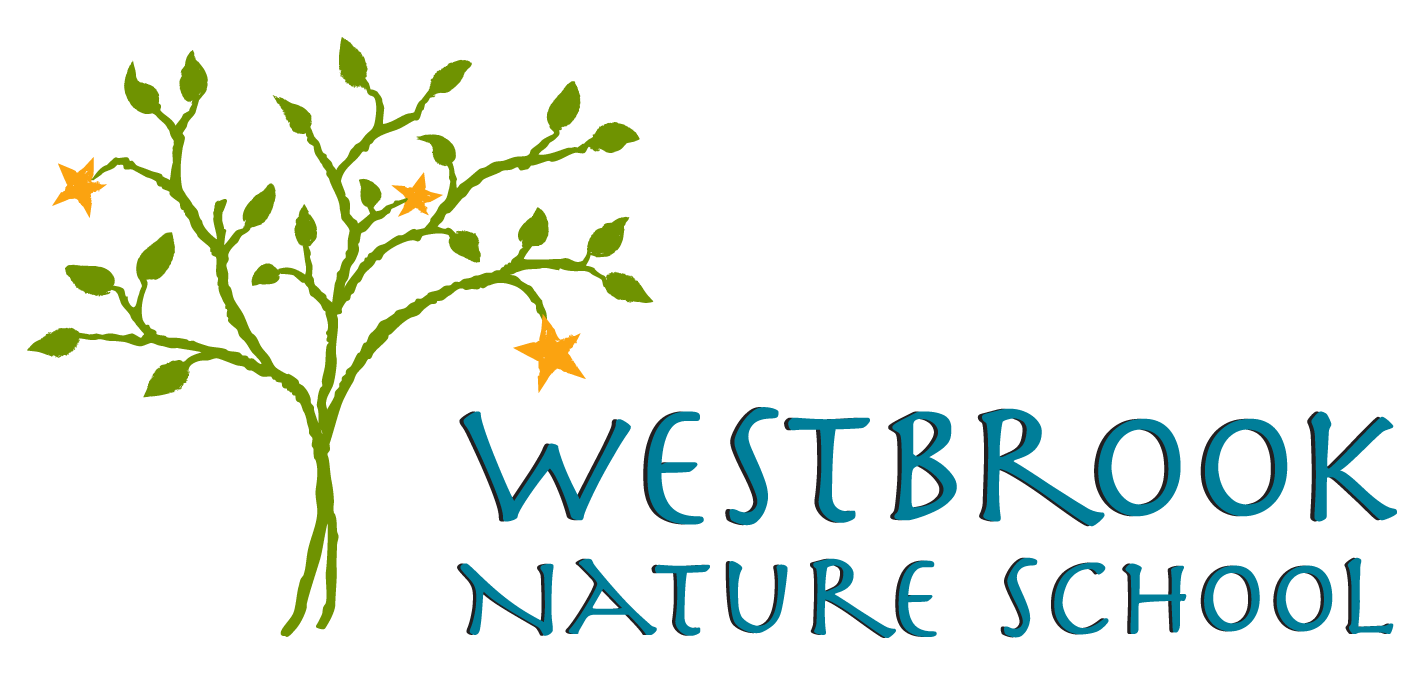

Support Our Mission
Westbrook’s primary mission is to connect the young child with the beauty and rhythms of nature, bringing joy and vitality to their educational experience. Westbrook provides an alternative to indoor preschool instruction by allowing the freedom to learn through direct experience of the natural world. Through their deepening experience and kinship with nature, enlivened by song, poetry, dance, and storytelling, we guide the child toward resilience, balance, and social growth.
Westbrook’s success reveals a growing awareness of the necessity of authentic relationship with nature through experience and education. Because we seek to support the health and wellbeing of children, their families, and the local community, Westbrook looks to expand educational offerings, to parents, alumni, and the broader local community, through classes and workshops. This will establish Westbrook as a vital component in the growing effort to ensure the fundamental right of everyone to experience the natural world as part of their education. In doing so, we will fulfill our commitment to sustain, heal, and become stewards of the earth.
Westbrook Nature School was created and designed to meet the young child’s need for meaningful encounters with the natural world. Our shady woods, sand area, and tree deck, natural shelters, sunny organic garden, and our beautiful forest trails will nurture your child’s development through meaningful work and play. Our eco-friendly schoolhouse, a lovely blend of wood and stone, provides a restful, homelike atmosphere for activities more suited to the indoors. Our teachers are educated in both mainstream and alternative streams of education to provide the most comprehensive and informed approach to your child’s learning.
Westbrook’s curriculum is based on daily, direct encounters with all that is living in the natural world: animals, plants, water, sun, rain, and wind. Our curriculum aims to foster a child’s intimate relationship with nature, which will inspire wonder and support the child’s expanding sense of self.
Nature mirrors the same dynamic, transformative forces that are at play in the child. Its complexity provides the most developmentally rich environment possible for the education of the whole child. At Westbrook, we focus on four fundamental motivations within the child that must be recognized and nourished for healthy development. These are:
Balance: Finding acceptance in the group to feel secure, and to attain a level of stability and calm.
Resilience: The desire to cope with challenges in order to function optimally in one’s environment. These adaptations include self-regulation, development of skills, self-sufficiency, and prediction of outcomes.
Self-Enrichment: Engaging with the world in ways that directly result in joy, happiness, pleasure, and invigoration. This is where the child asks “Why?” This search for knowledge begins with wonder.
Social Growth: This differs from the previous motivations in that it leads the child to engage the world in ways that supersede self-interest, doing things such as “helping, comforting, sharing and cooperating” because these things are important in their own right.
Our curriculum is designed to meet these motivations in the child through embodied relationship with the natural world to overcome aversion in the quest to discover, to fill the senses with living textures, sounds, colors, scents, and to come to an appreciation for “ideal beauty in nature” that can inspire a sense of wonder, awe, and gratitude. Nature has the capacity to calm, to enhance one’s ability to cope with frustrations and difficulty, to challenge and strengthen the body, and to restore mental and emotional balance.
Cognitively, the dynamic, information-rich qualities of the natural world call upon the child’s natural adaptive tendencies to collect, organize, and classify what they find. Daily encounters with the natural world give the child the opportunity and time to deepen the relationship with nature leading to a gradually more complex understanding of nature’s dynamic qualities and subtle nuances. These encounters also make the child more adaptable to unpredictability, strengthening their ability to self-regulate.
